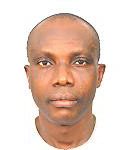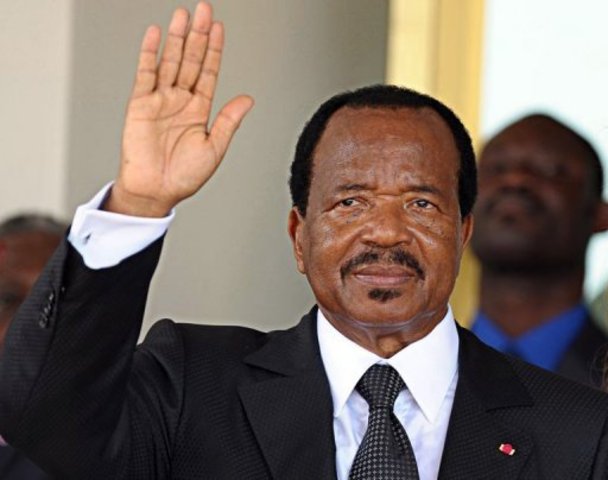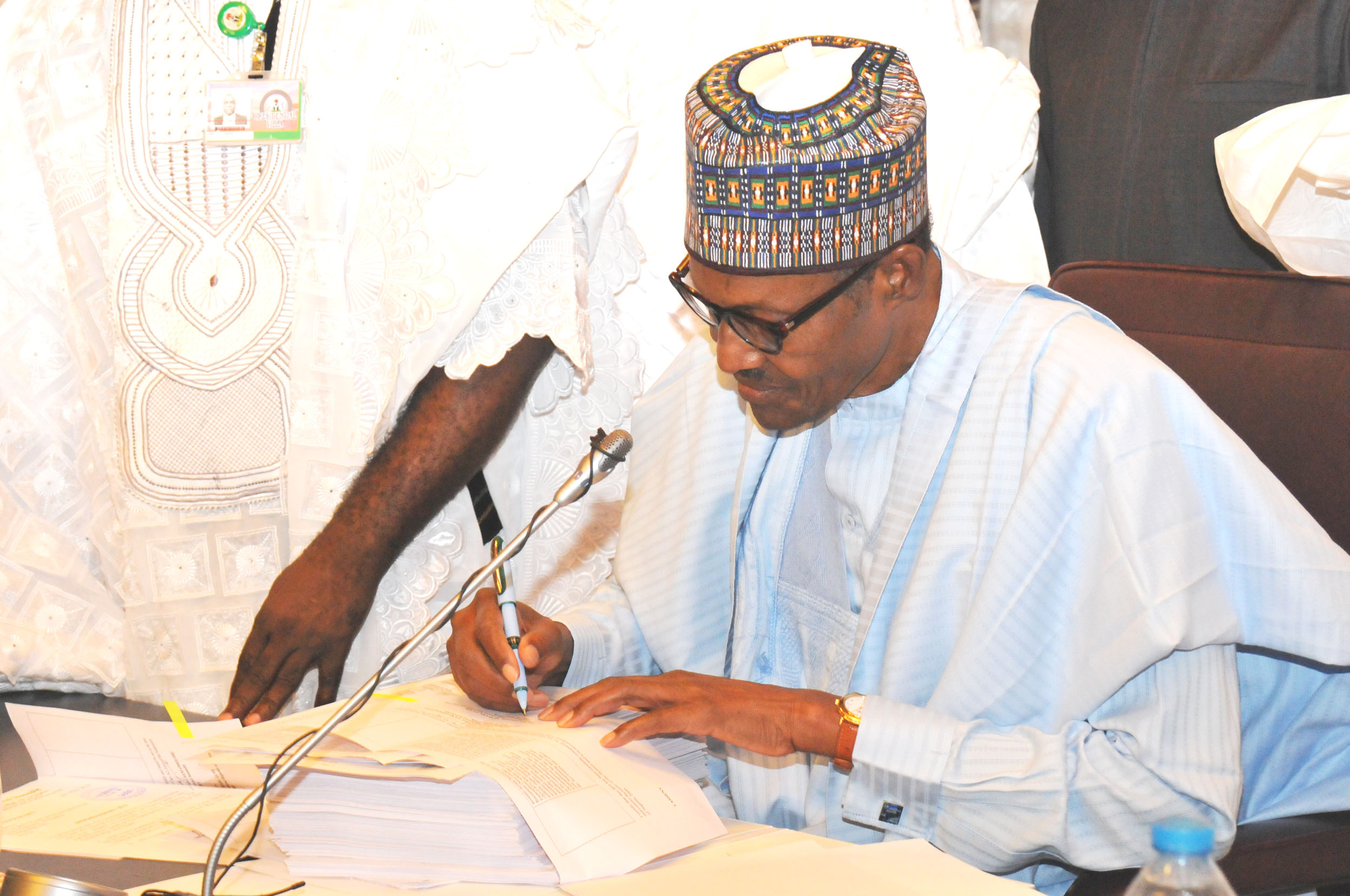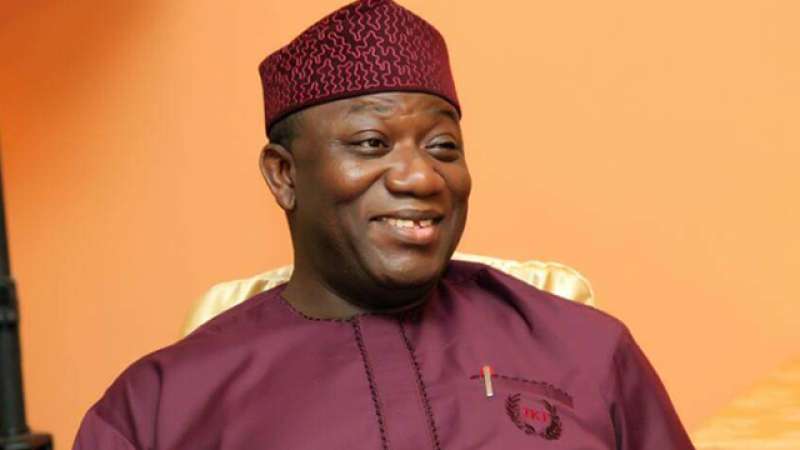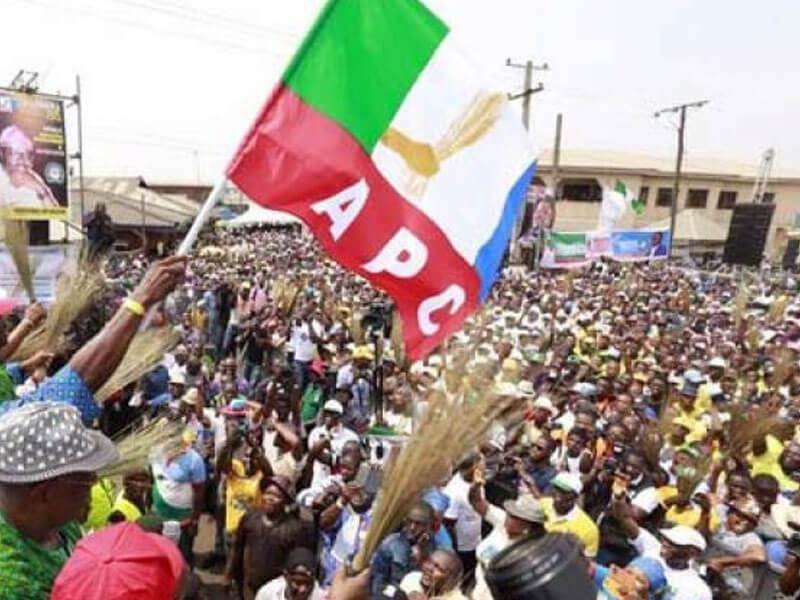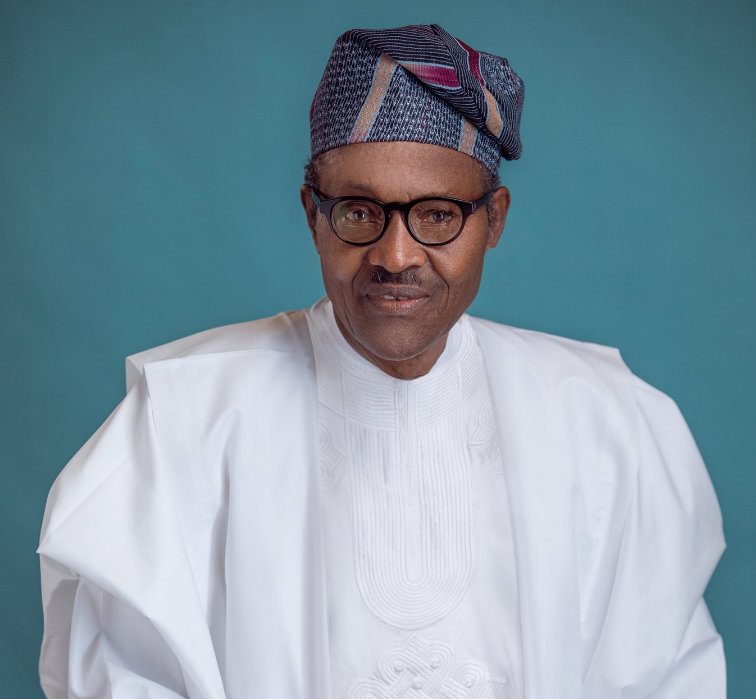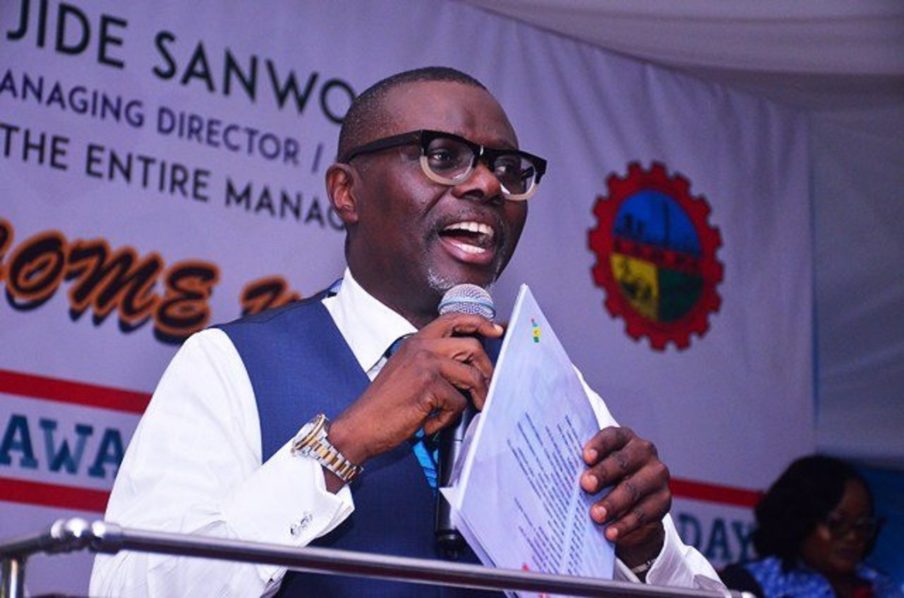Cameroonian leader, President Paul Biya, is veritably an African parable of power. He has been in office as the president of his country since the 6th of November, 1982, when Ahmadou Ahidjo gave way and handed over to him. Before then, he had been prime minister since the 30th June, 1975.
Now at 85 years of age, and 36 years on in the presidential saddle, Biya has not had enough of political power. Two Sundays ago, the central African country, which neighbours Nigeria, held a presidential poll in which the octogenarian was widely expected to secure another seven-year term that would keep him in power until at least 92 years of age. Official results of the poll were being awaited last week because it takes the country’s electoral body, ELECAM, some fortnight to make a declaration. But there was little doubt across board about Biya’s likely return for another term.
It wasn’t that the perpetual ruler has had no challenger for the presidential office. The 2018 poll, for instance, featured eight opposition candidates who took their chance on the ballot against Biya of the ruling Cameroon People’s Democratic Movement (CPDM). And that was nearly double a shortfall on the previous election in 2011 where 22 challengers ran against Biya. But the opposition has always been too fractured and weak to pose any real threat to the status quo; and so, the old battle horse easily won re-election in 2011 and has been projected to win the 2018 poll.
In this latest election, there was some last minute rally by the opposition when frontline challenger and candidate of the Cameroon Renaissance Movement (CRM), Maurice Kamto, agreed to a coalition deal with another opposition contender, Akere Muna of the Popular Front for Development. Muna as a result wrote the electoral commission about 24 hours to the opening of the poll that he was stepping down for Kamto. Perhaps for the time factor, ELECAM retained Muna on the ballot, and the candidate then asked his supporters to vote Kamto. Political watchers said, however, that despite the coalition being a welcome move, it came too late. Besides, it is at best symbolic because it left out the Social Democratic Front (SDF) that has the second highest representation in the country’s parliament.
Advertisement
Biya’s endurance in Cameroon’s presidency is amidst relative economic stability and yearly growth rate in the oil and cocoa producing central African economy that has stayed at over four percent since 2011. But many of its 24 million citizens yet live in poverty. Also, despite periodic elections, the political space is deeply fossilised and, as far as the face of power goes, a large segment of the Cameroonian citizenry has known only one president all their lives.
Security isn’t as settled in the country, though. This year’s election held against the backdrop of two-year-long separatist agitation in the northwest and southwest regions where English-speaking citizens have alleged discrimination and oppression by the French-speaking majority and are thus pushing for autonomy. Reports accounted that the secessionist uprising has resulted in hundreds of deaths, and as well forced thousands of Cameroonians to flee either to the French-speaking regions of the country or to neighbouring Nigeria. That is not to mention the spillover of Boko Haram insurgency from Nigeria into the broader Lake Chad basin, reaching to the far north region of Cameroon.
With those security challenges, incumbency and the consequent control of instruments of state power to a large extent advantaged Biya’s candidature in the 2018 poll. Because of separatist resistance ahead of the election, for instance, only the president’s party was able to campaign under heavy security in the two English-speaking regions. All eight opposition challengers either avoided those areas or were chased out by the residents.
Advertisement
The latest poll is expected to usher Biya into his seventh seven-year term in power if you factor in his prime ministerial era. But Cameroon has not always been without term limits. After being elected president five consecutive times in what was then a one-party state, Ahidjo stepped down for Biya, who one year thereafter sidelined his former principal from the ruling party chairmanship as well. Thirteen years later (1996), the party midwifed a constitutional change that limited presidents to two seven-year terms. Biya’s second term under that legal regime was to expire in 2011.
But before that due date, Cameroon’s parliament in 2008 adopted another constitutional bill that scrapped the term limit and paved the way for Biya to extend his rule beyond 2011. Although Biya also allowed political reforms that opened up his country’s political space to multi-party politics in the early 1990s, it has been multi-party only in name because the ruling party exerted an iron grip on power despite periodic elections.
The example of Cameroon’s Biya is only an extreme illustration of fossilisation of power as you would find – of course, to widely varying degrees – in many African countries.
With 93 registered political parties, Nigeria is in some practical sense a multi-party democracy. But then, the political space is largely fossilised in the hands of old order actors in the two dominant political parties. As such, following the recent national primary elections of the ruling All Progressives Congress (APC) and opposition Peoples Democratic Party (PDP), the 2019 presidential election has been widely touted as a two-way race between incumbent President Muhammadu Buhari and opposition candidate Atiku Abubakar, who is a two-time former Vice President. This is not minding that at least a dozen and half other political parties ostensibly threw up candidates – among them reputed citizens, who are of younger age but not typical politicians.
Advertisement
Catholic Bishop of Sokoto Matthew Kukah, in a lecture penultimate Friday in Akure, Ondo State, argued that the problem of leadership in Nigeria is due in a large part to the fact that most actors find themselves in power without having painstakingly figured out beforehand what they would do with power if they got it. And that, he noted, is despite that “the structure of the Nigerian presidential office makes the holder of the office extremely powerful, so much that he can deploy power the way he wants.”
I wholly agree with Bishop Kukah that the quest for power in this country should get considerably more informative, just as electoral choice by voters must become better informed. To that end, true democracy must make allowance for all options available to voters, and from which voters could make reasoned choices at the poll. That is to say, voter interest should never be restricted to consideration of incumbency or the dominance of opposition challenge, but should rather involve interrogating the nuts and bolts of action plans intended for implementation in power by all office-seekers. Put simply, we should be looking beyond only the APC and PDP for genuine promises of beneficial application of political power.
But it is extremely important that those promises are not merely sweeping assurances or empty soapbox sloganeering. Even far less so personality attacks as presently typifies the Nigerian political space. Rather, for the 2019 poll, voters should demand issue-based campaigns that would involve office-seekers presenting detailed blueprints of their policy and action plans for their evaluation. And such blueprints ideally should be with multiple scenario casting, ranging from worst-case revenue baseline expectations to the best possible projections; so it would not be a case of ‘We never knew things were this bad when we were making campaign promises’ after they get into office.
My general point here is that one way to avoid fossilism of power in our country is to hold political actors strictly to the genuineness or otherwise of their promises and potentials.
Advertisement
Please join me on kayodeidowu.blogspot.be for conversation.
Advertisement
Views expressed by contributors are strictly personal and not of TheCable.
Add a comment
